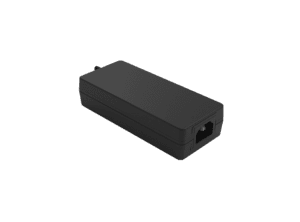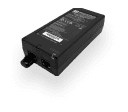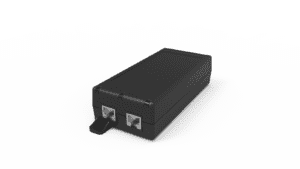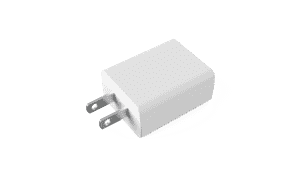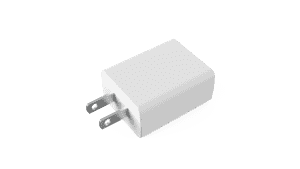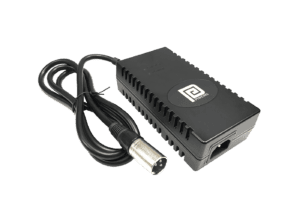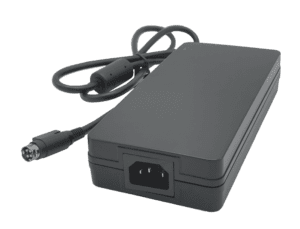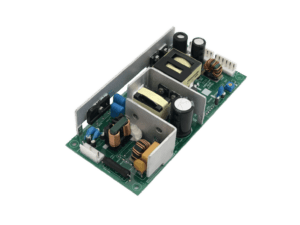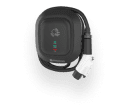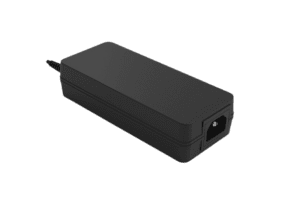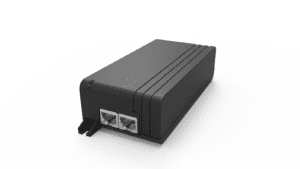BLOG
DoE Level VII: The New Energy Dept Standard and its Effect
Table of contents
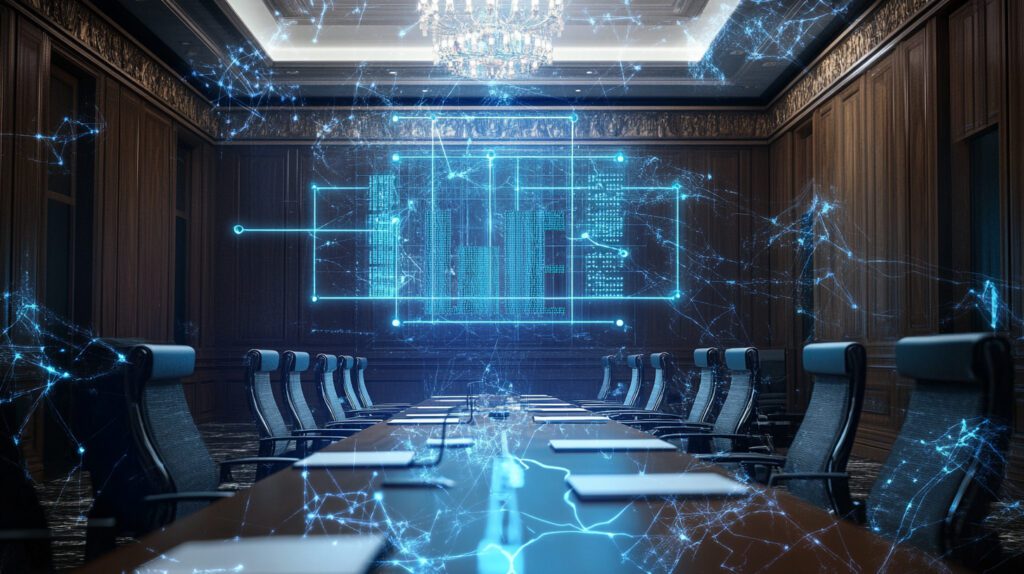
DoE Level VII: The New Energy Dept Standard and its Effect
In February 2023 the US Department of Energy issued a notice of proposed rulemaking regarding energy conservation standards for external power supplies. The new proposed standard: DoE Level VII, if deemed both technologically feasible and economically justified, would impose more stringent energy conservation standards upon external power supplies. This would require manufacturers to meet higher average efficiency levels and lower no-load energy consumption levels, as outlined in the below table, two years after publication as a final rule in the Federal Register.
Source: U.S. Department of Energy
What is an External Power Supply?
According to Code of Federal Regulations, an external power supply (such as power adapters) converts household electric current into DC or lower-voltage AC current for consumer products. Commercial and industrial power supplies and power supply circuits, drivers or devices that are designed exclusively to be connected to and power light-emitting diodes for illumination or ceiling fans with direct current motors are exempt from the new DoE Level VII standards.
Additionally, external power supplies used with devices that require U.S. FDA listing and approval as a medical device in accordance with section 513 of the Federal Food, Drug, and Cosmetic Act (21 U.S.C. 360c) are exempt.
Battery chargers are covered under a separate energy conservation standard issued by the U.S. Department of Energy.
DoE Level VII: The Benefits and Impact of New Energy Conservation Regulations
The proposed DoE Level VII standards for external power supplies promise a significant leap forward in energy conservation, bringing a cascade of benefits for consumers, businesses, and the environment. So, let’s explore the benefits associated with more efficient external power supplies:
Utility Bill Savings: Millions of power supplies consuming less energy would lead to significant savings. Projections from the U.S. Department of Energy estimate annual energy savings exceeding 13 billion kilowatt-hours, enough to power 1.2 million homes. This directly reduces utility bills for consumers and cuts energy costs for businesses, boosting both wallets and corporate bottom lines.
Less Environmental Impact: Lower energy demand from DoE Level VII means reduced greenhouse gas emissions, less burning of fossil fuels, and coal, contributing to a cleaner environment.
Technological Advancement: Strict standards like DoE Level VII will serve as a catalyst for innovation. Manufacturers will develop cutting-edge technology to meet efficiency requirements, leading to sleeker, lighter, and more efficient power supplies. This innovation may extend to other industries and products, benefiting all.
The History of Efficiency Levels
During the late 1990s and early 2000s there was a surge in demand for electronic devices, including digital cellular phones and broadband internet services. These devices, along with cordless home telephones and answering machines, often relied on inefficient linear technology power adapters, known as “energy vampires.” Linear adapters were as low as 50% efficient and consumed power even when not connected to a device, exerting tremendous strain on the power grid.
Recognizing the need for energy conservation, the California Energy Commission passed regulations in 2004, setting standards for single-output external power supplies under 250 watts, effectively banning linear adapters in the state. This initiative prompted other states and countries to follow suit. Moreover, to streamline energy standards and avoid interstate commerce disruptions, the US Congress passed, and President Bush signed, the Energy Independence and Security Act in 2007, allowing the US Department of Energy to align federal standards with California’s Tier 2 (Level IV) standard.
Additionally, the European Union enacted regulations in 2009 and 2010, requiring external power supplies to meet stringent efficiency standards. Most recently, this culminated in the mandatory adoption of Level VI compliance in the United States in February 2016 and in Europe in April 2020. Level VI expanded the coverage of external power supplies to include multiple voltage variants and those exceeding 250 watts.
Although DoE Level VII has not yet been officially published as a Final Rule by the US Department of Energy, it is expected to be soon, with mandatory compliance from two years after the date of publication.
Source: Energy Star
Phihong: On the Cutting-Edge of Energy Efficiency
Phihong has been an early adopter of energy conservation and regularly attended California’s Energy Commission’s meetings leading up to its revolutionary energy conservation policy in 2004 and has been a leader in introducing energy efficiency compliant external power supplies since, from Level III all the way to Level VI today.
Furthermore, our core values – reliability, efficiency, and global compliance – are deeply ingrained in every product. Phihong was the first power supply manufacturer to introduce Efficiency Level VI compliant active/IEEE802.3 standards-based PoE Injectors. Phihong’s new non-medical external power supplies in 2024 will be DoE Level VII ready. This ensures compliance with proposed standards and a seamless transition to a Level VII implementation date.
CLIENT'S QUOTE
Phihong's Power-Over-Ethernet solutions have transformed our network, boosting efficiency and reducing costs. Their seamless integration has simplified both installation and maintenance.
Explore More with Phihong USA
As we wrap up our exploration of efficiency standards, it’s evident how these benchmarks are elevating power supplies across various industries. Phihong USA is at the forefront of this technological evolution, offering a broad range of power solutions designed to meet the dynamic needs of modern industries.
Phihong USA’s extensive product lineup includes:
- Power over Ethernet (PoE) Solutions: Delivering reliable power and data transmission over a single cable, ideal for simplifying network installations and reducing costs.
- AC/DC Adapters and Power Supplies: From compact adapters to industrial-grade power supplies, Phihong provides solutions that ensure efficiency and reliability in various applications.
- Battery Chargers: Customizable chargers for lithium-ion and lead-acid batteries, supporting a wide range of power requirements for mobility and industrial applications.
- Medical Power Supplies: Specialized power solutions designed to meet the stringent requirements of the healthcare industry, ensuring safety and reliability.
Phihong USA is committed to innovation and excellence, continually developing products that meet the highest standards of performance and reliability. Their global reach and dedication to customer support make them a trusted partner in powering the future.
Here are some useful links to explore Phihong USA’s offerings further and bring in new potential clients:
Visit Phihong USA to discover how their advanced power solutions can support your business needs. Whether you’re looking to upgrade your network, or find reliable power supplies, Phihong USA has you covered.
By choosing Phihong USA, you’re partnering with a leader in power technology, ensuring your operations run smoothly and efficiently with top-tier power solutions.

Contact Our Team Today!
Our dedicated sales team and international partners are prepared to support you with your latest projects and initiatives globally.
FAQs
How will the proposed DoE Level VII standards affect the cost of external power supplies for consumers?
The proposed DoE Level VII standards are likely to increase the cost of external power supplies for consumers. This is because manufacturers will need to invest in new technologies and redesign their products to meet the higher efficiency requirements. The additional costs associated with R&D, testing, and the integration of advanced components will be passed on to consumers. While this may result in a higher upfront cost, the increased efficiency of Level VII power supplies could lead to long-term savings on energy bills and reduced environmental impact.
Will the implementation of DoE Level VII standards impact the availability of existing external power supply models?
Yes, the implementation of DoE Level VII standards is expected to impact the availability of existing external power supply models. As manufacturers shift to producing power supplies that meet the new standards, older models that comply with Level VI standards may be phased out. This transition period could result in temporary shortages of certain power supplies while the industry adapts to the new regulations. However, once the shift is complete, consumers will likely see a broader range of compliant models available in the market.
What are the potential challenges for manufacturers in transitioning from Level VI to Level VII compliance?
Manufacturers face several challenges in transitioning from Level VI to Level VII compliance. First, they must invest in new technology and update their production processes to achieve the higher efficiency required by Level VII standards. This may involve redesigning components, re-certifying products, and retraining staff. Additionally, the transition could lead to increased costs and logistical hurdles as manufacturers work to manage inventory and phase out non-compliant models. Ensuring that new products meet the stringent requirements while maintaining cost-effectiveness and market competitiveness is a critical challenge in this process.

